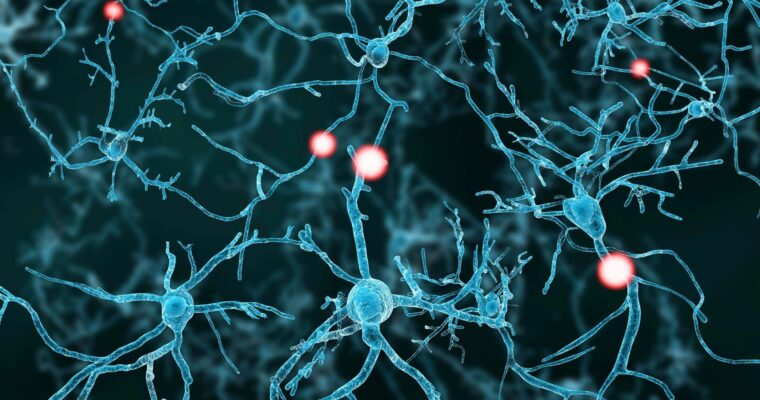Mucositis
Dr. Claire Arcidiacono, ND
Cancer treatment can affect our digestion. One common side effect is called mucositis. What is mucositis you ask? Basically it is inflammation of your mouth and digestive system. (1) This occurs because cancer therapies are designed to attack any cells that rapidly divide, such as cancer cells. Unfortunately our mucous membranes which lines our entire GI tract is made up of rapidly dividing cells and thus are at risk of being attacked in the same way as cancer cells. In other words the cells of the mouth, throat, esophagus, stomach, small intestine, and large intestine are often attacked by cancer therapies and thus become inflamed and even damaged. (2)
What are the signs of mucositis? Let’s start with oral mucositis. Oral mucositis usually begins between 1-2 weeks after starting treatment. These symptoms can include a dry and sore mouth. You may have bad breath as well as a fungal mouth infection. You may also develop mouth sores. (1) You may also notice that your mouth and gums appear red, shiny and even swollen. Your saliva may become extra thick. It may be difficult to swallow, talk or even eat. As a result of the sores you may be bleeding. Lastly there may be soft white patches of pus and a white mucous coating in your mouth. (2)
What are the signs of mucositis in your gut? Well these symptoms usually begin about 2 weeks after starting cancer treatment. These symptoms can include either diarrhea or constipation. You may have sores around your bottom and even blood in your stool. You may have pain when you swallow as well as stomach cramps and bloating. (1) You may also have nausea, vomiting and even painful bowel movements. (2)
Mucositis is much more common than you may expect. There are some factors that can increase your risk of mucositis. These risk factors can include tobacco intake, alcohol intake and even dehydration. Having a protein deficiency or a low BMI also increase your risk of mucositis. Certain dental concerns such as dental implants, dentures and even gum disease increase mucositis risk. Having kidney disease, diabetes or HIV are also risk factors. (2) If you develop mucositis it is recommended to not use alcohol based mouthwashes. It is also recommended to not eat hot, spicy, acidic, rough/hard food or fizzy drinks. The reason these things are not recommended is that they can worsen the signs of mucositis. (1)
Mucositis can have serious complications. It can cause chronic diarrhea which can trigger dehydration, anemia and even weight loss. Having mucositis also places you an increased risk of developing an infection. Mucositis can make it difficult to eat and thus undernutrition is a common side effect. In fact up to 70% of those who have mucositis may require hospitalization for tube feeding. Lastly if the mucositis becomes severe it can lead to a need to reduce the frequency of the cancer treatment. This poses its own risk to our health. (2)
What can you do about mucositis?
- Protein shakes can be very helpful if you have mucositis. According to the Cleveland Clinic they can help improve your nutrition while your GI tract is healing. (2) Please see my blog on Invite’s Protein Powder.
- L Glutamine has been to help reduce the signs of mucositis. (3) Please see Invite’s GI Maintain.
- Marshmallow Root has been found to help with the inflammation and pain associated with mucositis. (4) Please see Invite’s MinAcid and GI Maintain.
- Collagen has also been found to help with mucositis. (5) Please see Invite’s Collagen Hx powder, Collagen 3000 Tablets and Beauty Collagen Gummy.
Our next topic will be a product highlight on MinAcid
Sources:
- https://www.nhs.uk/conditions/mucositis/
- https://my.clevelandclinic.org/health/diseases/24181-mucositis
- https://www.ncbi.nlm.nih.gov/pmc/articles/PMC4254677/
- https://journals.lww.com/nams/fulltext/2019/08010/effect_of_hydroalcoholic_extract_of_althaea.3.aspx
- https://www.ncbi.nlm.nih.gov/pmc/articles/PMC7880782/#sec-a.h.gtitle







